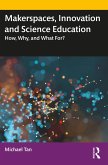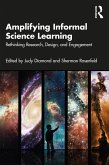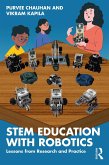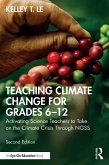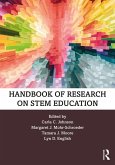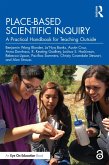Beginning from the question of how we know what we know in science, the author asserts that understanding scientific knowledge requires us to know more than the abstract concepts typically presented in schools. The social and material aspects of knowledge are also important-these take the form of questions such as: What is the interplay between knowledge and power? How do we understand that we can have a 'feel' for materials and artefacts that we cannot completely describe in words? How do we know what ideas ought to be made real though technology and engineering? Significantly, this book also discusses the ethical dimensions of STEM education, in thinking about the kinds of STEM education that could be useful for open futures.
This book will be useful to graduate students and educators seeking an expansive view of STEM education. More generally, these ideas outline a possible new strategy for a vision of school that is not merely training or preparing students for work. Education needs to also prepare students for sociopolitical participation, and with STEM being central to our contemporary lives, this book provides insights for how this can happen in makerspaces.
Dieser Download kann aus rechtlichen Gründen nur mit Rechnungsadresse in A, B, BG, CY, CZ, D, DK, EW, E, FIN, F, GR, HR, H, IRL, I, LT, L, LR, M, NL, PL, P, R, S, SLO, SK ausgeliefert werden.
Richard Gunstone, Emeritus Professor of Science and Technology Education, Monash University
'Michael Tan challenges us to rethink science and STEM education - indeed education more generally - to address the needs of a new century. Focusing on moving beyond schooling as reproduction to advocate innovation, creativity and forms of knowledge that serve the new millennium, in this book Michael has offered productive lines of attack for a reenvisaged curriculum. Pulling together a wide array of scholars to challenge our thinking and seek ways forward, he has crafted a narrative that is both educative and stimulating.'
Russell Tytler, Alfred Deakin Professor and Chair of Science Education, Deakin University



